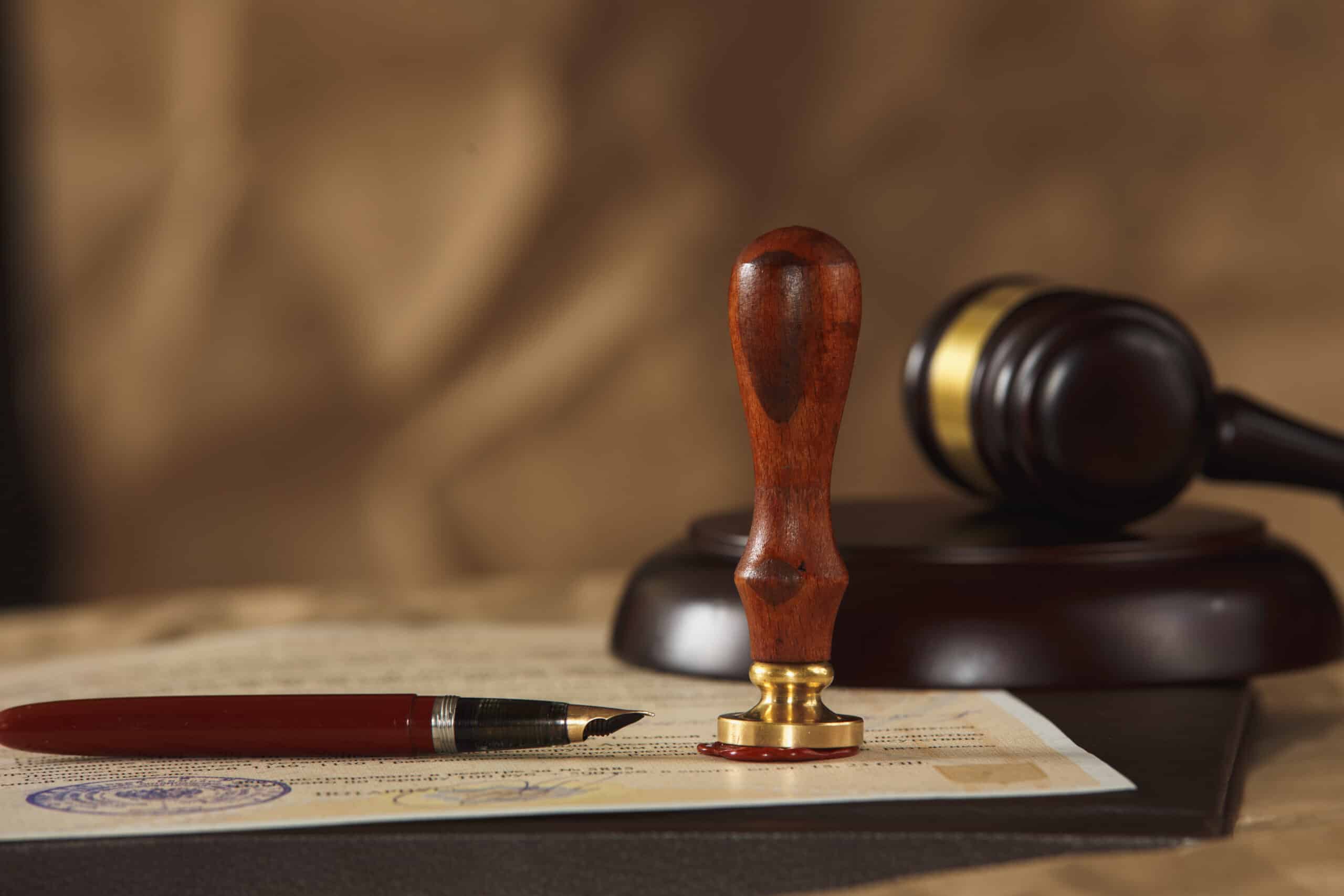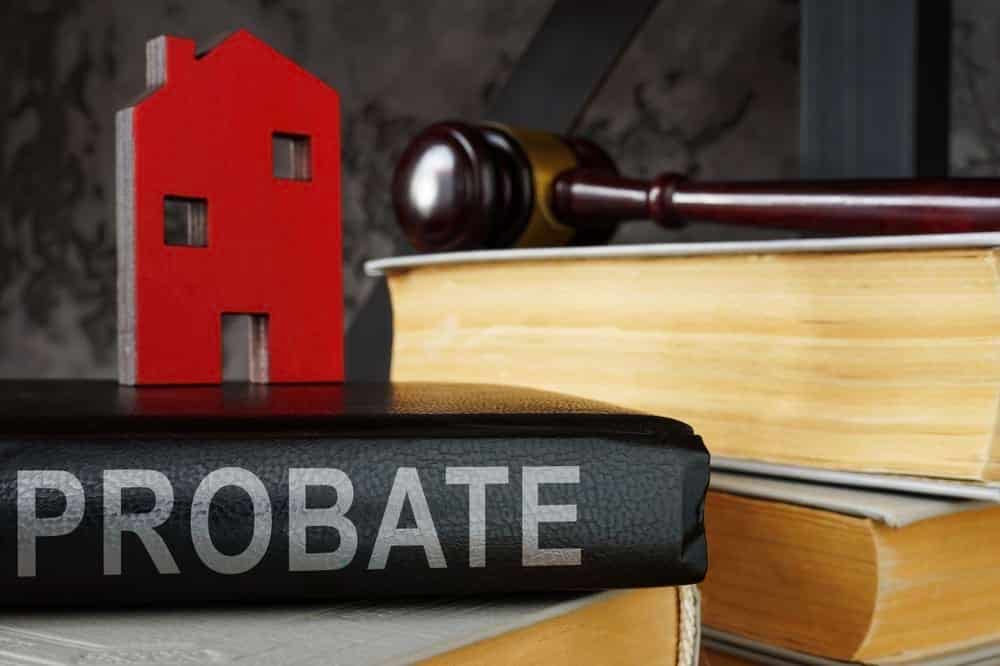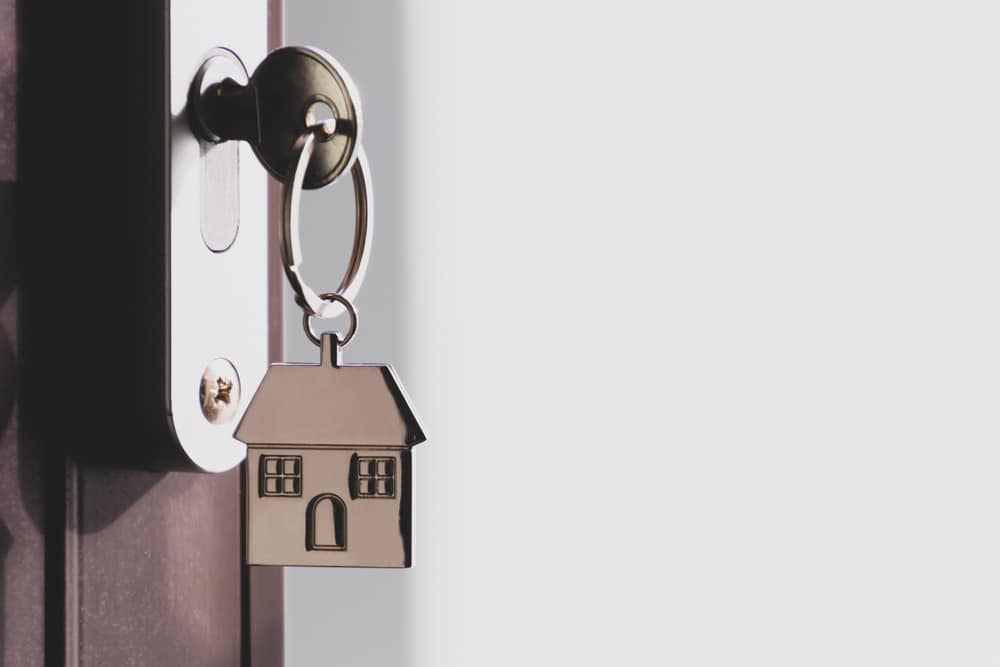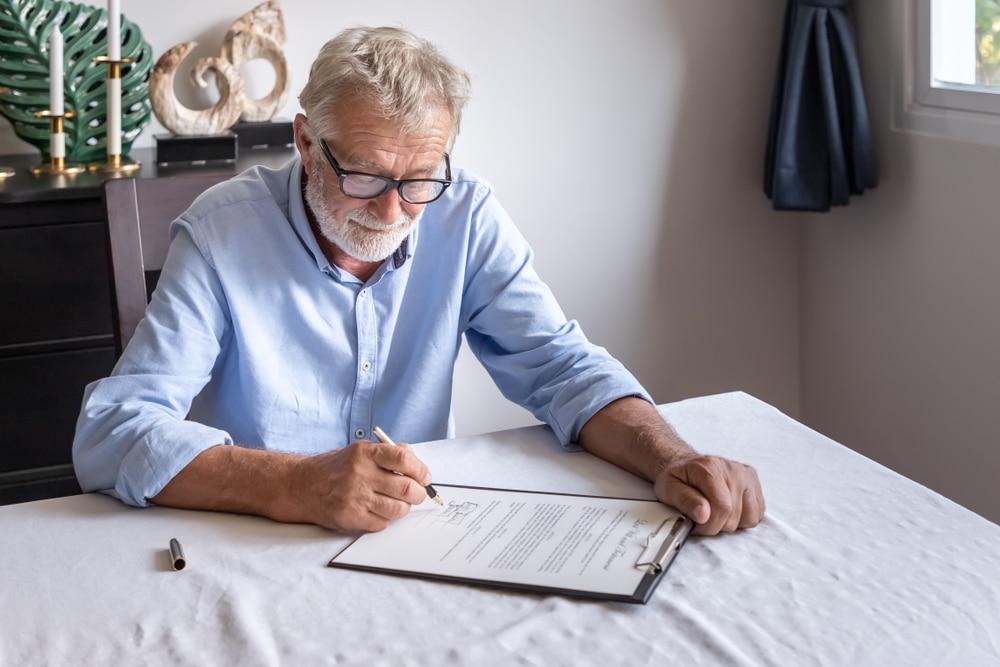When someone passes away, their estate must be managed.
This might involve passing on or selling probate property.
But either way, rules must be followed in the interim.
This includes rules about who can live in the property during probate.
Read on to learn more.
Can you live in a house in the UK during probate?
It depends on whether or not you have explicit permission from the executor.
And if you have permission, it is also on certain conditions.
No removals
If you stay in a probate property, you cannot remove any items.
This means any items of monetary or (potentially) sentimental value.
After all, these could be considered assets (and so could be given to someone else).
No alterations
You shouldn’t modify a property during probate in any way.
This includes in ways impacting its character or value. So, no:
- Structural alterations
- Extensions
- Redecorating (including small tasks such as painting a front door).
No marketing the property
You should not market the property for sale during probate.
Doing so usually involves staging and viewings, both of which disturb the property.
Do maintain the property
You should maintain the property in the condition you found it in.
Do pay occupancy costs
Unless your right to stay is expressly rent-free under the deceased’s will, expect to pay bills.
You will also be expected to contribute towards general repairs or maintenance.
However, some of these costs can be taken from the estate itself. This includes mortgage costs on the probate property.
Do secure the property
You must keep the property locked and alarmed. This is to avoid:
- Theft
- Damage
- Squatting.
Do grant full inventory/valuation access
You must provide keys and unrestricted access to executors. This is so that they can:
- Value estate assets
- Carry out property inspections
- Take inventories
- Organise valuations.
These can cause minimum disruption but may happen at short notice.
Do leave on time
If you do not inherit the property once probate is complete, you likely have to leave it.
The only exception is if the new owner(/s) give you permission to stay there. They might, for example, allow you stay until the property is sold or to rent it.
Key principle: the property might not become yours
The key principle behind the above two points is that you might not inherit the property.
In other words, during probate you are a custodian not an owner.
Being confident that you will inherit it is not the same as owning it.
During probate, the executor (i.e., the person who has the grant of probate) has the final say. And after probate, the new owner(/s) are.
What if you are the executor?
Of course, you might be the executor.
If you are, then you can stay in the property, but you should still abide by the above conditions.
This will spare you from threat of legal action later on if other claimants on the estate come forward.
Can tenants or dependents stay in the property during probate?
Tenants, lodgers, or dependents can stay in a residence during probate by consent. This applies even to those with no ownership claims.
However, executors can also end or restrict tenure rights and may charge market rent, too.
Any occupancy permission should be formalised. A basic written license agreement detailing responsibilities like bills, repairs, and access terms.
Break clauses legitimise ending occupancy if difficulties arise late.
The sole legal owners of a property can create provisions in their will, too. For example who may live there rent-free for defined periods after they die.
Conditional lifetime rights of residence are also common. Occupancy rights then still depend on complying with obligations like maintaining the property.
Speak to a legal expert before living in a deceased person’s house
Clarity around your entitlements on property is crucial before you occupy it long-term.
Speaking to a local advisor specialising in wills and probate can help here:
Outlining your rights
Solicitors will interpret specific provisions in the will or under intestacy rules.
This indicates if executors must accommodate your residence there. Or if they can impose stricter conditions.
Drafting occupancy agreements
Legal experts can assist executors in constructing a formal license agreement.
It will define conditional rights to continue living there. These are based on clear obligations to pay, repair, and permit full access.
Advising on disputes
A legal expert can also recommend solutions if executors wrongly deny residence requests. Or if you disagree with temporary conditions imposed during probate.
How long does the probate process usually take?
The standard UK probate process lasts between 6 and 12 months before concluding. But timescales often extend beyond a year due to variables like:
Estate size
Larger or more complex estates with significant assets take longer to administer. After all, it takes longer to value property portfolios or company shares.
Expect over a year if valuations require professional inspection or legal transfer procedures.
Disputed claims
Queries or disputes over the validity of a will can delay granting probate.
Similar disputed creditor claims against the estate also prolong the process.
Tax calculations
For larger estates, calculating and paying inheritance tax before distributing assets extends deadlines.
Complex returns may need compiling and negotiating with HMRC, taking additional months.
Legal challenges
Court proceedings for disputed estate administration further hold up completing probate.
Where a property occupied by beneficiaries, communication with executors throughout.
This allows for the preparation of potential delays beyond initial occupancy period approvals.
Can I continue living in the house after the probate is complete?
After probate, your rights occupying a property depend on what you inherit.
As personal representative duties end, executors cannot extend existing temporary occupancy consents either.
If named on the property’s deed or directly bequeathed under the will, you become the full owner. So, you can legally continue living there without restrictions after probate.
Equally, if you inherit a share, making you co-owner or if rights of residence were granted long term.
We buy any (probate) property
If you want to sell a probate property, We Buy Any Home can help.
We are chain-free cash house buyers. We can buy your property up-front and quickly, without hassle or stress.
Fill in our enquiry form below if you want a cash offer for your house.


















